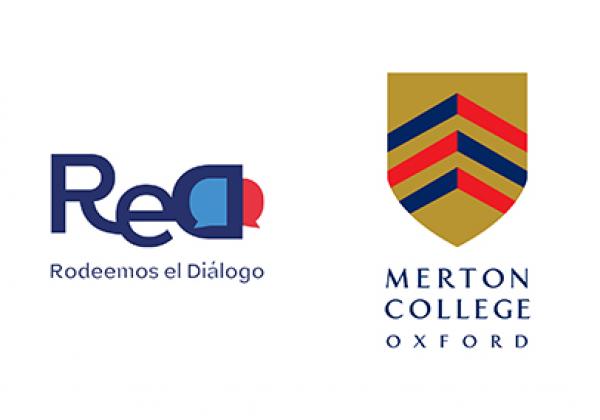Embrace Dialogue Academia Seminar 4: Book Launch
Dialogues bridging academic research with policy implications for contemporary peacebuilding challenges in Colombia
Book Launch: Cowards Don′t Make History: Orlando Fals Borda and the Origins of Participatory Action Research (Duke University Press, 2020), by Joanne Rappaport
This series of Embrace Dialogue Academia Seminars, co-hosted by Embrace Dialogue and Merton College brings together presentations of finished academic research with discussions to draw out the implications of this work for the current challenges of peacebuilding in Colombia.
Author: Professor Joanne Rappaport, Department of Spanish and Portuguese, Georgetown University.
Discussant: Professor Pilar Riaño-Alcalá, the Social Justice Institute, University of British Columbia
Convener: Dr Gwen Burnyeat, Junior Research Fellow in Anthropology at Merton College and member of Embrace Dialogue.
About the Book
In the early 1970s, a group of Colombian intellectuals led by the pioneering sociologist Orlando Fals Borda created a research-activist collective called La Rosca de Investigación y Acción Social (Circle of Research and Social Action). Combining sociological and historical research with a firm commitment to grassroots social movements, Fals Borda and his colleagues collaborated with indigenous and peasant organisations throughout Colombia.
In Cowards Don’t Make History Joanne Rappaport examines the development of participatory action research on the Caribbean coast, highlighting Fals Borda’s rejection of traditional positivist research frameworks in favour of sharing his own authority as a researcher with peasant activists. Fals Borda and his colleagues inserted themselves as researcher-activists into the activities of the National Association of Peasant Users, coordinated research priorities with its leaders, studied the history of peasant struggles, and, in collaboration with peasant researchers, prepared accessible materials for an organisational readership, thereby transforming research into a political organising tool.
Rappaport shows how the fundamental concepts of participatory action research as they were framed by Fals Borda continue to be relevant to engaged social scientists and other researchers in Latin America and beyond.
